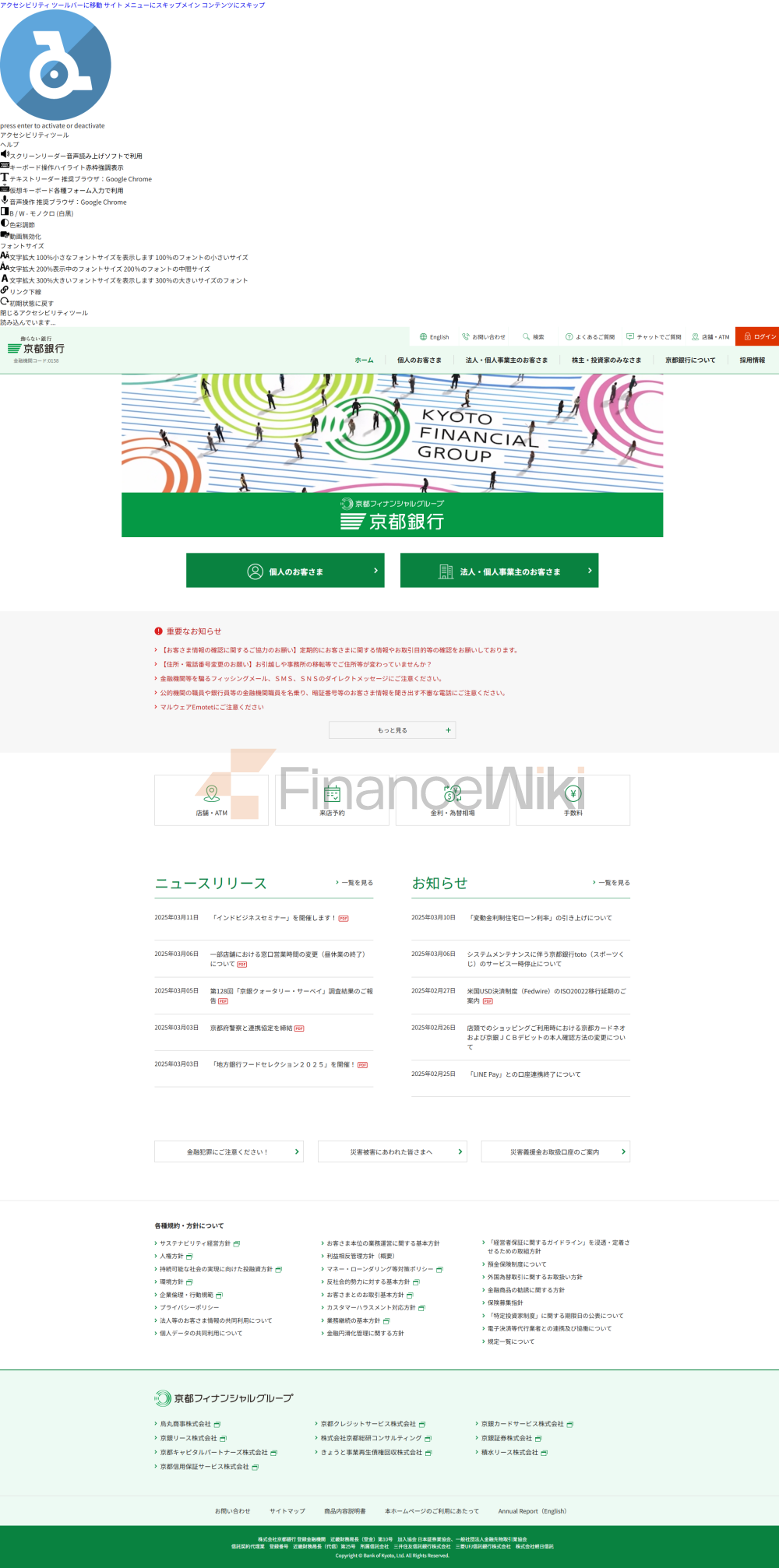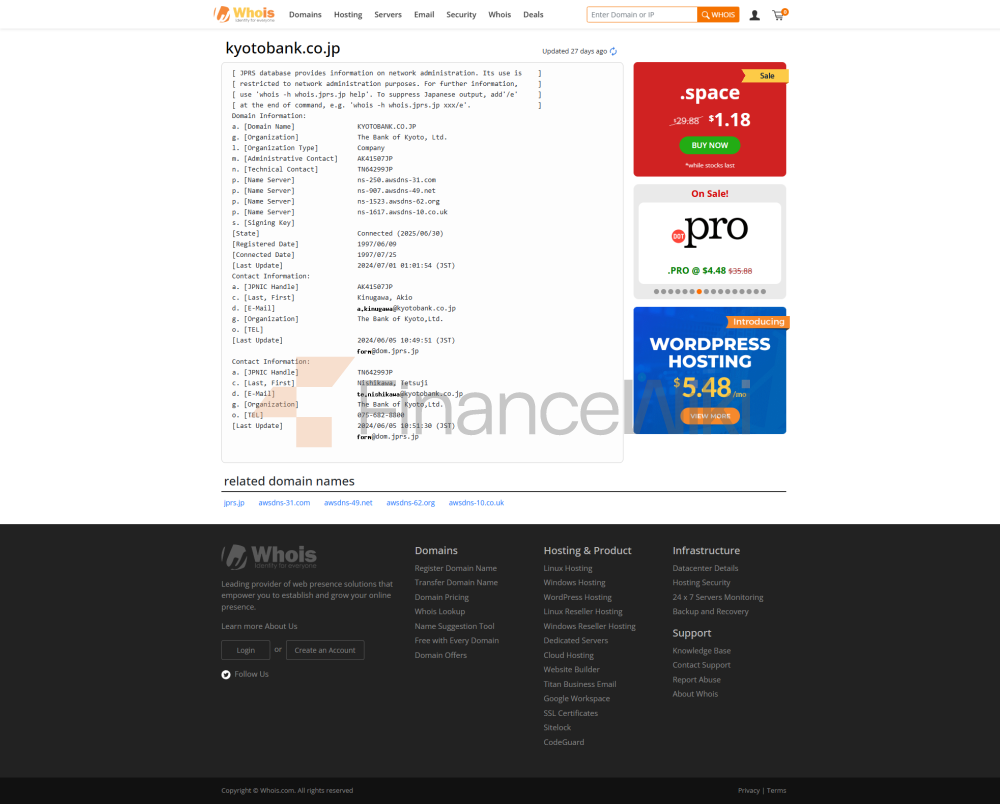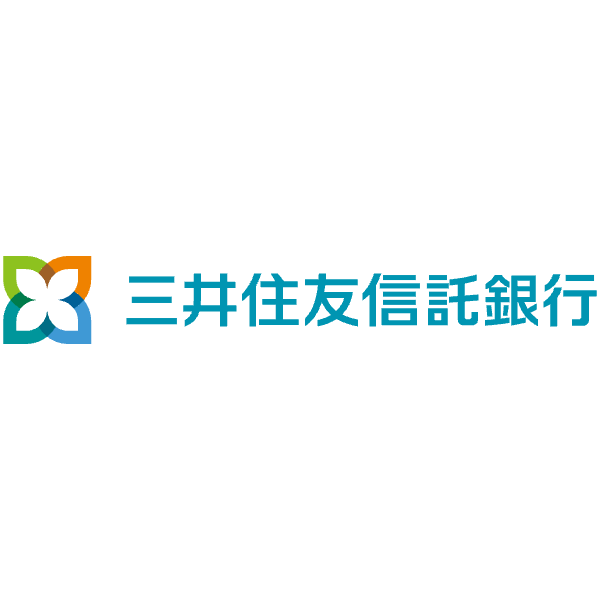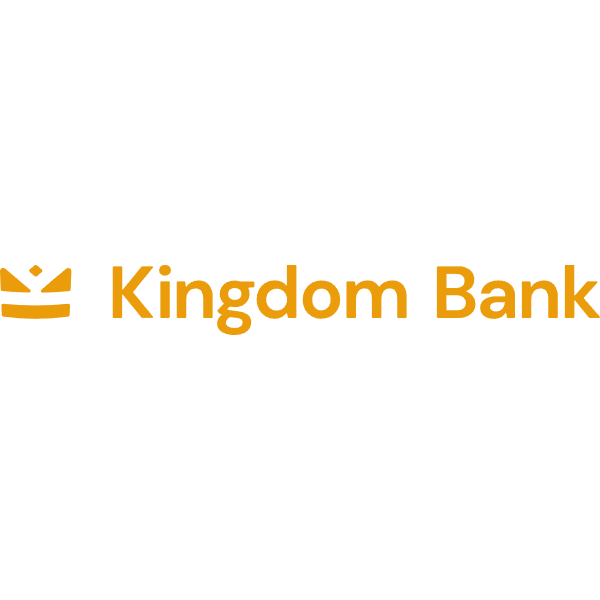Kyoto Bank (японский: Kyoto
Благодаря расцвету обрабатывающей промышленности Киото после войны, помимо поддержания хороших отношений с этими компаниями, Kyoto Bank также получил большой доход, владея акциями таких компаний, как Omron, Nintendo, Murata, Kyocera и Wacoal. Например, Kyoto Bank по-прежнему является четвертым по величине акционером Nintendo













